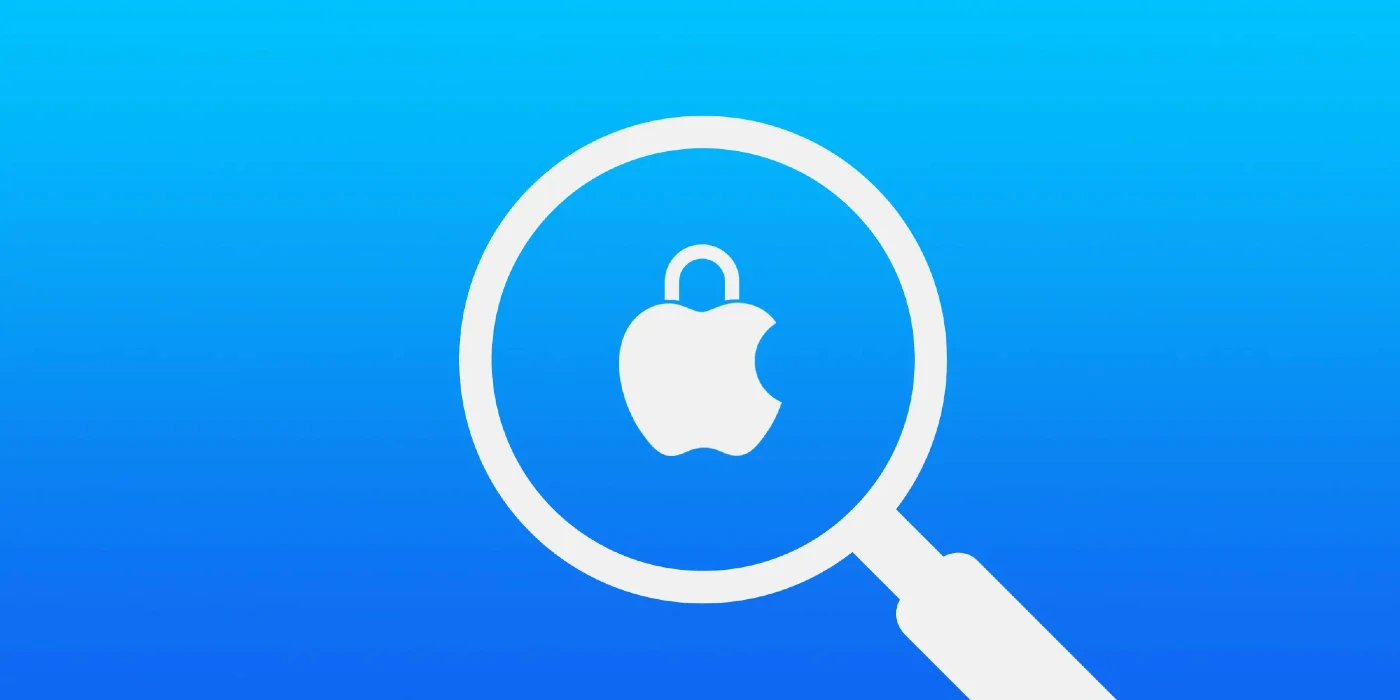Apple is preparing to impose new fees and restrictions on software downloads outside of its App Store — as part of the company’s effort to comply with the European Union’s Digital Markets Act ahead of a March 7 deadline — while also maintaining its hold on revenue generated by software downloads on its device.
Apple will allow iPhone users to download apps from other app stores for the first time ever as part of the plan – a practice known as “sideloading.”
Nevertheless, Apple reportedly intends to still maintain the power to review all apps downloaded from other app stores onto its devices.
Apple also will charge fees from developers who offer downloads separate from the App Store. The size of those potential fees was not immediately known.
The plan would only apply to Europe, not the US market, and if it is enacted, Apple’s plan could face opposition from software developers who expected to offer downloads without such restrictions.
It also remains to be seen if EU regulators will consider the plan to be compliant with its rules — or as an effort by Apple to skirt attempts to loosen its dominant hold on the app marketplace.
To that end, European Commission officials have reportedly met with Apple and other tech firms to go over their plans to comply. That included a meeting earlier this month between Apple CEO Tim Cook and EU Commissioner executive vice president Margrethe Vestager, a top antitrust official.
It should be noted that Apple has yet to formally announce any details of its plans and they could still change.
Apple has long argued that it needs to maintain strict supervision over app downloads to ensure user privacy and device security.
For Apple, the changes in Europe are part of a broader effort by the company to stave off mounting regulatory and legal scrutiny over its business practices.
Earlier this month, Apple updated its App Store policies in the US to allow developers to use third-party payment services — so long as they pay Apple a 27% cut.
The company has enacted a similar fee structure for outside payment methods in the Netherland and South Korea.



